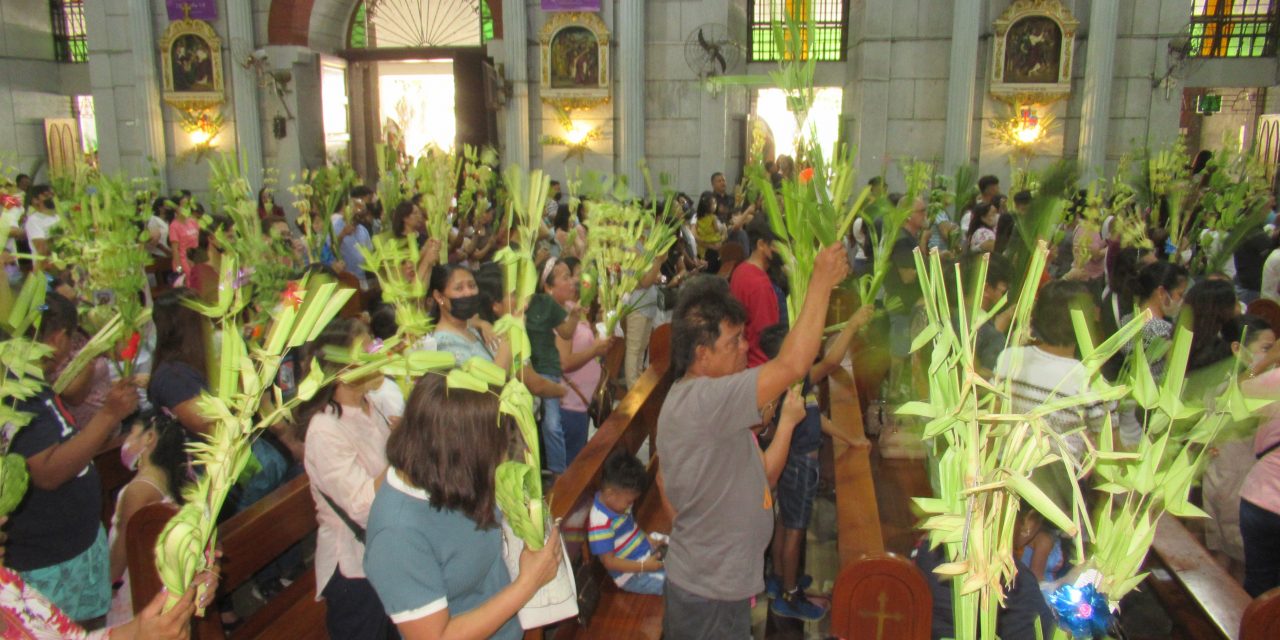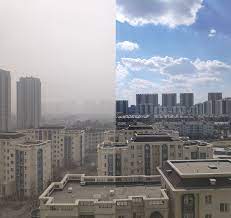Gospel at the Procession of the Palms: Mk 11:1-10
Is 50:4-7
Ps 22:8-9, 17-18, 19-20, 23-24
Phil 2:6-11
Mk 14:1—15:47
As I look toward Holy Week, I find myself drawn to the epistle reading from Paul’s letter to the Philippians. Many scholars suggest this passage is an ancient hymn about Jesus Christ, who:
emptied himself,
taking the form of a slave,
coming in human likeness;
and found human in appearance,
he humbled himself,
becoming obedient to the point of death,
even death on a cross.
It is a powerful image, that God, who is no creature but who is Lord of all, creator of the cosmos, who cares as much for every little thing on the planet and in the universe as for planets and stars and moons – this God empties himself and takes on the form of a creature. Theologians down through the centuries have spoken of this kenosis and its significance for us mere humans who yet through God’s grace have a relationship with God. Contemplating that kenosis makes the incarnation, cross, resurrection, and ascension into heaven all the more astounding.
Part of the theological and moral implication is that we have an opportunity to respond to God’s free gift of love. We might then be baptized in Christ, take up his cross ourselves, follow him where he goes. That will carry real costs, for Jesus commands us to love as God does, to “be perfect as your Heavenly Father is perfect” which includes: to love enemies, to forgive and forgive and forgive and forgive…, to share Body and Blood with people we might otherwise never cross paths with or count as a neighbor, to resist worldly temptations even as we are called to love this world.
To do these actions to our neighbors – no matter who the neighbor is, including those we most fear or revile (cue the Good Samaritan) – there is an aspect of human self-emptying in the pattern of kenosis. Many saints and mystics have spoken of the need to self-empty in order to seek union with God. How do we love with the great love otherwise?
In recent decades, some theologians have raised concerns about forms of kenosis, especially when and where human self-emptying in fact merely parrots “what society thinks we should do” and when failure to self-empty along socially-accepted lines gets counted as a sin. Valerie Saiving was one of the initial people to raise this kind of question; Sarah Coakley takes it up in her book Powers and Submissions: Spirituality, Philosophy and Gender. In a patriarchal culture, the idea of self-emptying, and the virtues that go along with self-emptying, of women becomes repugnant because it is not done for Christ or out of love, but out of coercion. And at the same time, those with patriarchal power end up reconceiving of kenosis in ways that might be self-serving and ego-stroking, rather than humbling.
Of course this is a moral problem. We need to be able to respond freely, and there are very strong strands in scripture that suggest God is not about the task of recreating human society exactly the way any one person of us would want to have it. Coakley goes on to suggest ways in which vulnerability and power might work together, and suggests ways that contemplation and the early church fathers’ visions of gender might suggest alternative views on kenosis, sin, power, submission, and more. It is well worth a read.
On this Palm Sunday, though, when we should be waving branches and preparing for a week of liturgies and living in God’s time – perhaps it is enough to consider what Paul says in the verse just preceding this hymn: Christ Jesus “did not regard equality with God something to be grasped.”
What are we still grasping, as we near the end of Lent and make our way to the cross? What do we grasp that prevents us from loving enemies, seeing others as having the face of God, turning aside from fear and seizing on hope?
For this is what the passion calls us to consider. Rather than fear – and there is much to fear these days – how do we turn aside from grasping fear and seeking control? How, instead, do we turn toward hope and God’s ecstatic love for us?
My prayers for a blessed and rich Holy Week for all of us…



